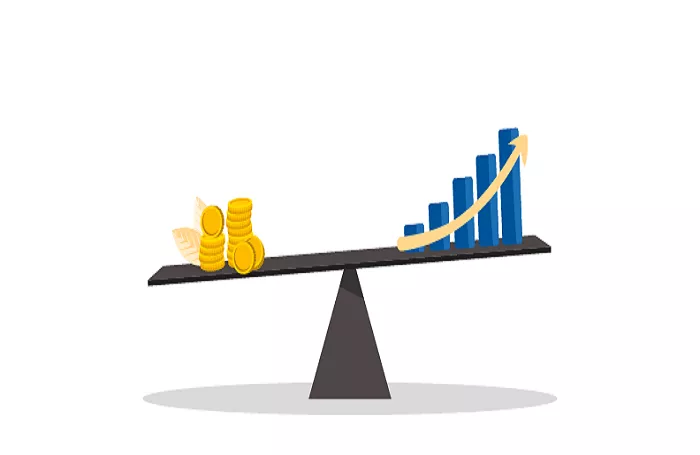Australia’s largest non-food retailer, Wesfarmers, has warned that inflationary pressures could increase as the local currency weakens, raising the costs of imported supplies. The company, which owns major chains like Bunnings and Kmart, also noted that the tariffs imposed by U.S. President Donald Trump could contribute to further inflation in the economy.
Despite these challenges, Wesfarmers reported a slight increase in its first-half profit, surpassing analyst expectations. The surge in demand at Bunnings, the hardware chain, and a rise in cost-conscious shoppers at Kmart helped drive this positive outcome. As a result, Wesfarmers shares were up by 3% during a broader market slump.
CEO Rob Scott acknowledged the broader economic pressures, including the housing sector’s challenges and the interest rate cut in Australia. He emphasized that while the rate cut would provide relief for households, it wouldn’t resolve the country’s high living costs or alleviate the geopolitical uncertainties that continue to affect the market.
While Wesfarmers’ various businesses—ranging from industrial chemicals to a lithium project—are not directly impacted by U.S. tariffs, Scott noted the potential second-order impacts, stating that tariffs could fuel inflation and stifle economic growth. The weaker Australian dollar has already made foreign-sourced supplies more expensive, and Wesfarmers could be forced to raise prices to cope with these rising costs by mid-2025. However, the company will explore ways to mitigate these pressures and potentially minimize price hikes.
Wesfarmers’ net profit for the six months ending in December was A$1.47 billion ($932.13 million), slightly ahead of analysts’ expectations and above last year’s A$1.43 billion. The strong performance at Bunnings, which posted a 3.1% increase in pre-tax profit, played a major role in this result.
The company reaffirmed its outlook for its lithium joint venture with Chile’s SQM, which is expected to start producing battery-grade lithium hydroxide by mid-2025. Despite a recent drop in lithium prices, Scott stated that the project would remain profitable, and any future price improvements would be an added benefit.
In line with the positive profit results, Wesfarmers declared an interim dividend of A$0.95 per share, up from last year’s A$0.91, reflecting the company’s strong financial performance.
Related topics:
USD/JPY Stabilizes Amid US Dollar Weakness and Tariff Concerns
Australian Dollar Gains as US Dollar Weakens, but Rate Cut Expectations Linger
NZD/USD Strengthens as US Dollar Weakens, RBNZ Rate Cut Expectations Loom


